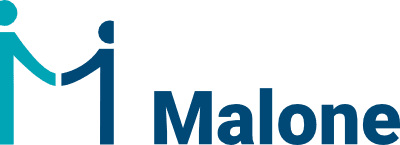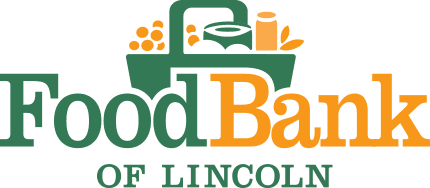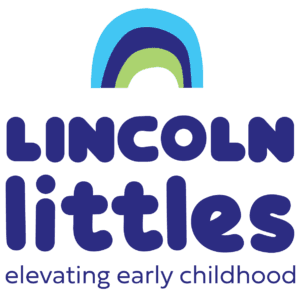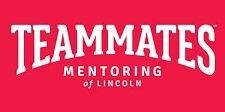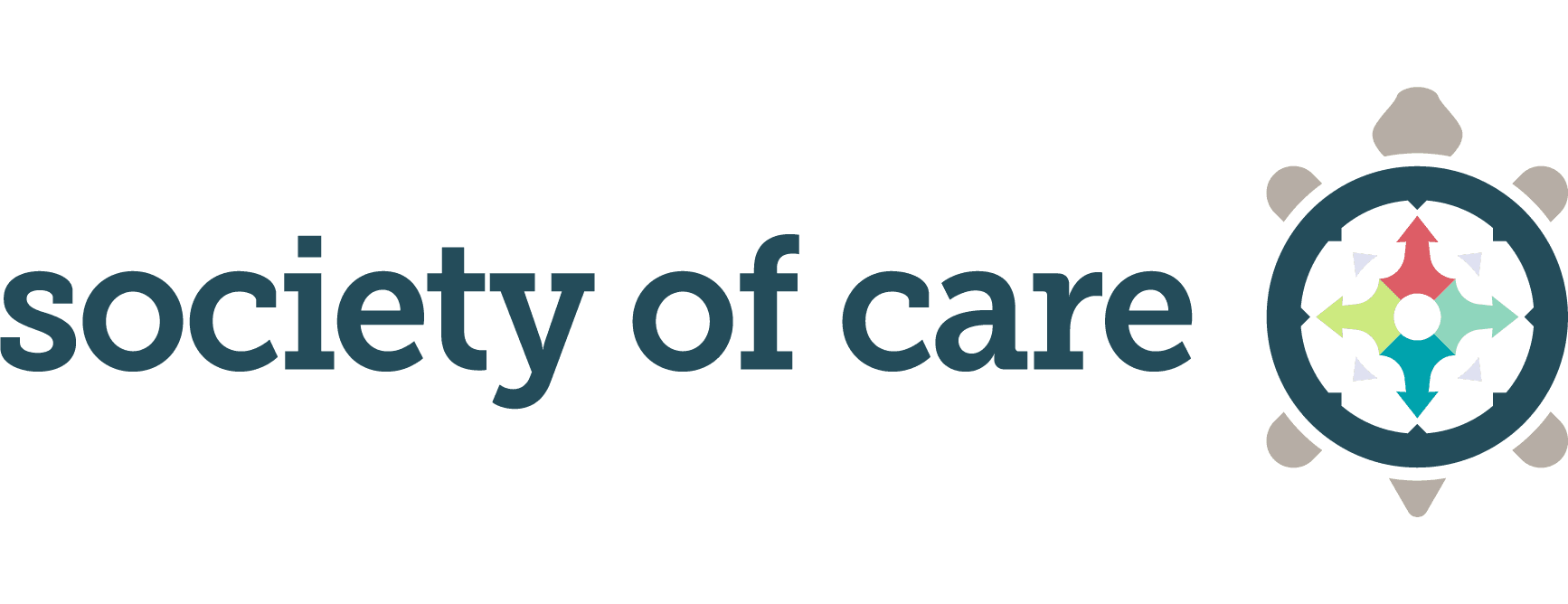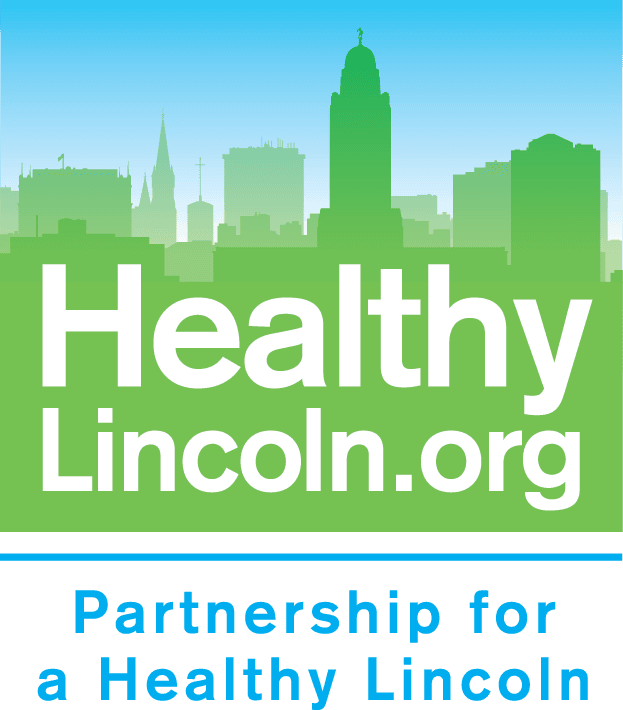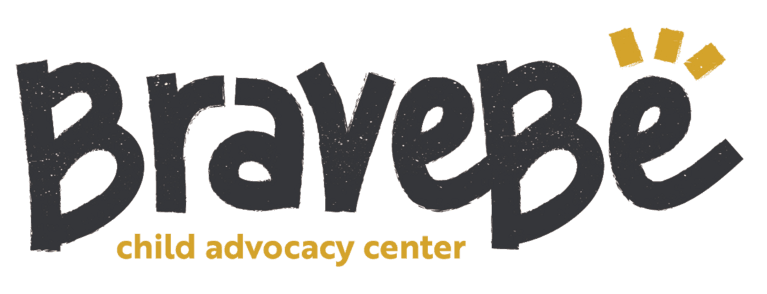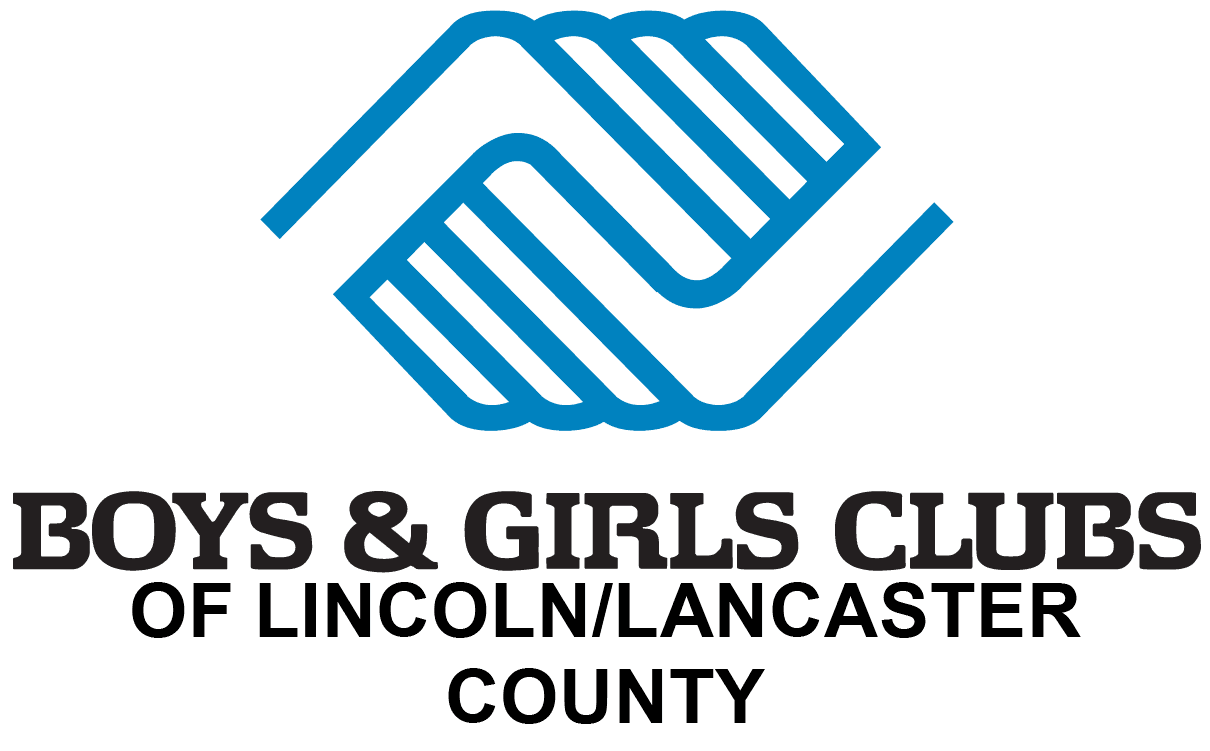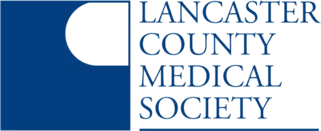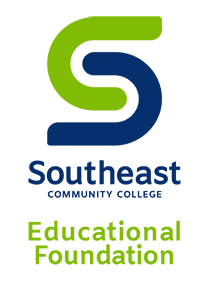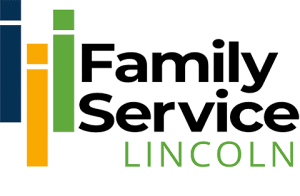The room inside the women’s correctional center in York was plain, unremarkable. For Tessa Domingus, it was just one more space within a life that had become defined by walls. Nearly twenty years of addiction, born from childhood trauma, had cost her everything — her relationships, her freedom, her sense of a future. She was, in her own words, stuck in a “really hopeless place”.
She signed up for the Wellness Recovery Action Planning (WRAP) group with no great expectations, just a hope for another certificate that might look good to the parole board.
Then, they started to speak. A panel of people who looked like her, who had walked paths like hers. They weren’t talking about what was broken. They were talking about what was purposeful and meaningful in their lives now.
For Tessa, a flicker of something she hadn’t felt in years ignited.
"There was this panel of peers that had similar lived experiences as me, and they were doing really different things with their life today," she would later recall. "That to me was like this beginning of hope that I could do something different, too."
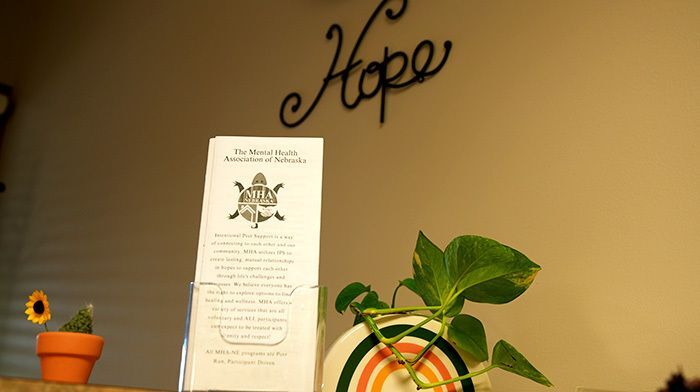
Pictured: A message of hope at the front desk of the Mental Health Association of Nebraska. Photo credit: Melissa M. Fuller
That quiet moment of recognition — that sense of seeing a possible future in someone else’s present — is the heart of a movement that is transforming mental wellness in Lincoln. It’s called peer support — a simple yet profound idea championed by the Community Health Endowment (CHE): The most powerful healing often comes from those who have walked a similar path.
A Network Built on Shared Scars
"Peer support is when somebody who once struggled with mental health or substance use is then trained to use their lived experience to support somebody else on their own recovery pathway," explains Chris Allende, a long-time peer support professional now at St. Monica's. "In essence, it's someone saying, ‘I've been there. I've done that.’"
For over 25 years, CHE has worked to make Lincoln the healthiest community in the nation. Part of that work involves using its Place Matters data to see where health disparities exist — where life expectancy is lower, poverty is higher, and social vulnerability is more pronounced. The maps tell a story of need, but they also point toward a powerful solution: investing in the expertise of the community itself.
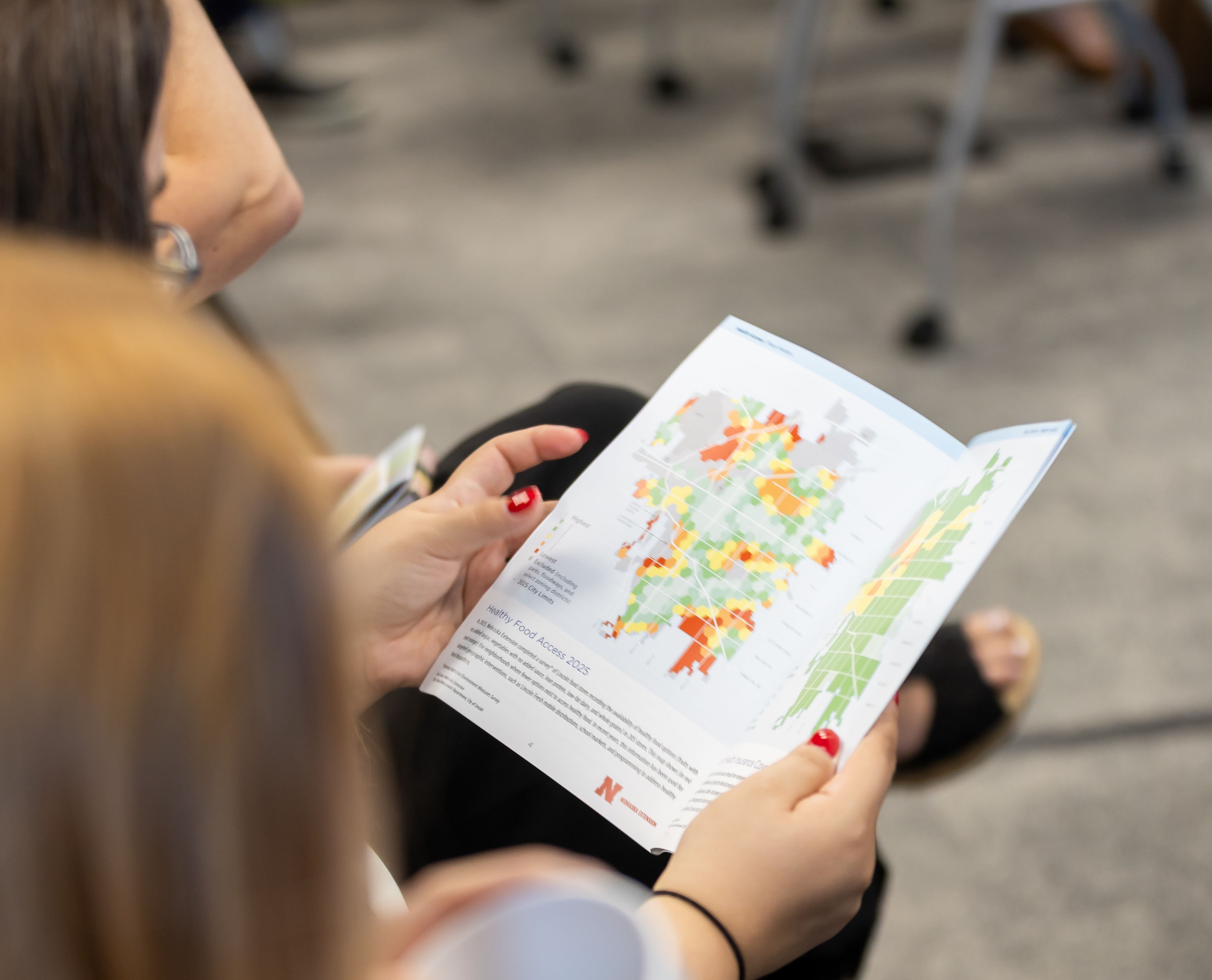
Pictured: Place Matters 6.0 maps shown on August 29 at CenterPoint Outpatient Services. Photo credit: Rebecca Marie Photography
Investing in peer support is a direct investment in Community Expertise and Innovation. It’s a model built on reciprocity, a truth the Community Health Endowment Board of Trustees recognized two decades ago — that the very act of doing the work and helping someone else also supported and strengthened the recovery of the peer specialist themselves. It acknowledges that lived experience brings a skill set that can't be taught in school.
For Chris, that pull toward a different life came on a Sunday morning. After a decade of addiction, incarceration, and homelessness, he remembers sitting on a porch, watching a family across the street. A father mowed the lawn, a child rode a bike, a mother did laundry.
"I remember looking at my friend and saying, 'This life is not what life is supposed to be about... that right there, that’s what I want.'"
It was an offer of support from his boss that provided the spark.
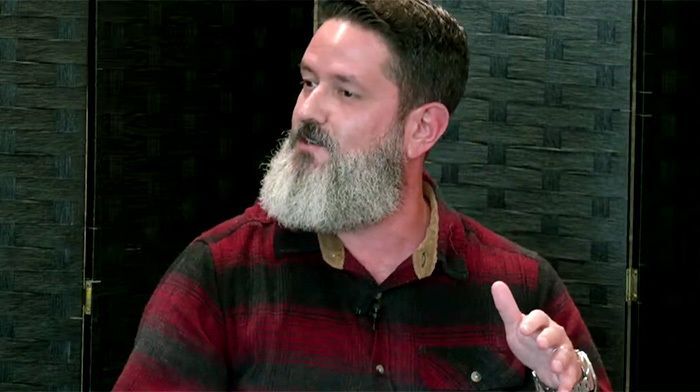
Pictured: Chris Allende speaking at a 2024 Community Conversation. Courtesy photo.
Today, Chris oversees non-clinical services, including peer support, at St. Monica's. He's seen firsthand the "cultural shift" that peer support brings to a clinical setting. He recently watched a situation where a woman left treatment. While the clinical team focused on the 'why,' a peer specialist got on the phone. She was able to build trust by cutting through the analysis with five simple words: "I know what it's like."
That shared experience, he notes, is what brought the woman back. His role now is to protect that unique space, ensuring the "I've been there" perspective is valued throughout the system.
“The clinical team, rightfully so, was focused on why she did it... The peer support, on the other hand, was focused on what's next? How do we get her back?” - Chris Allende, Director of Organizational and Community Relations at St. Monica’s, on the power of peer support in a crisis.
For Jennifer Burks of Families Inspiring Families, the system itself was a source of fear. After calling Child Protective Services on herself during her struggle with addiction, she felt utterly alone.
"I don't know if anybody's ever been to a CPS meeting, but sometimes they can be hard to go to if you feel like nobody's on your side," she said.
A peer advocate walked with her, changing everything. Now, she does the same for other parents, making sure they never have to feel that isolation.
Tessa’s journey has also come full circle.
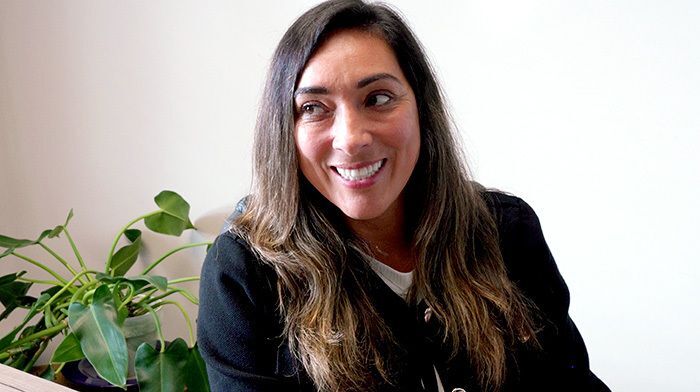
Pictured: Tessa Domingus at the Mental Health Association of Nebraska. Photo credit: Melissa M. Fuller
The woman who once felt hopeless, who believed her past mistakes meant she could never build a life she could "truly take pride in," is now the Director of Operations at Mental Health Association (MHA) of Nebraska. She facilitates the same WRAP groups in prison that ignited her own recovery. She is a homeowner, a grandmother, and this December, she graduates from UNL with her degree in Business Law.
"I don't have to be defined by my past or the things that I've experienced or the things that I've done," Tessa affirmed during a 2024 Community Conversation. Today, that belief fuels her future. Instead of law school, she’s found a passion for the complex puzzle of operations — restructuring programs, building teams, finding the best way to put the pieces together to serve people. She plans to pursue her MBA next fall.
"We see potential in people that they aren't ready to see in themselves yet. And one day, when they see that, it's the most beautiful thing to be a part of." - Tessa Domingus, Director of Operations at MHA Nebraska, on the profound beauty of witnessing someone's potential unfold.
"The sky is the limit," she affirmed. "There is no limit to how far I can go." Tessa sees that potential in others, too, recalling a man she supported years ago who stumbled but never gave up. "Today, he not only is an amazing father, he also works for us and is the coordinator of Honu House," she shared.
A Future Guided by Connection
The practical nature of peer support shines in everyday moments. It’s not about doing for people, Tessa explained, but "doing with." Maybe it's riding the bus together to ease anxiety about a new commute. Or maybe it’s learning how to navigate a grocery store.
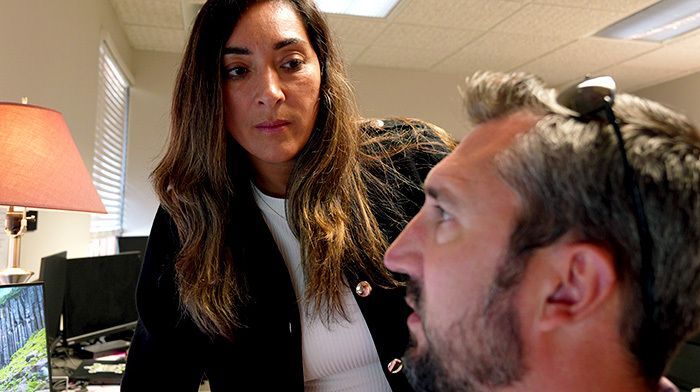
Pictured: Tessa Domingus with her colleague at the Mental Health Association of Nebraska. Photo credit: Melissa M. Fuller
Chris remembers working with someone who didn't know how to cook because their mother had always done it for them. "For the next couple of months, when we would meet, we would cook together," he said. Another time, he gently showed the same person how taking clothes out of the laundry bag before washing helps them get cleaner. "If nobody teaches you, how do you know?" Chris mused.
These seemingly small acts build essential skills and, crucially, confidence. "When we are telling people what they should do or we're doing things for people, we are depriving them of the opportunity to learn," Tessa stated.
The stories of Tessa, Chris, and Jennifer are not just stories of individual triumph. They are the threads of a stronger, more resilient community being woven together, one shared experience at a time. The work of MHA Nebraska and other peer-run organizations, often launched with crucial seed funding from CHE — their "Fairy Godmother," as Tessa gratefully calls it — is a living example of how data can inspire action, and how expertise born from lived experience can lead to lasting change.
“Our best interventions are the ones that bring together data, social support, and the wisdom of lived experience to not just add years to life, but importantly, add more life to our years." - Kate Bolz, CHE President and CEO, on the intersection of data and community expertise.
"For a decade, the Place Matters maps have shown us where the needs are greatest, but they've always told a deeper story than just data," says Kate Bolz, CHE President and CEO. "When we see a census tract with lower life expectancy, we're really talking about fewer years with a parent, fewer memories with a friend. Peer support is a powerful example of how we can respond to that data with a solution rooted in community expertise and compassion. It proves that our best interventions are the ones that bring together data, social support, and the wisdom of lived experience to not just add years to life, but more importantly, add more life to our years."
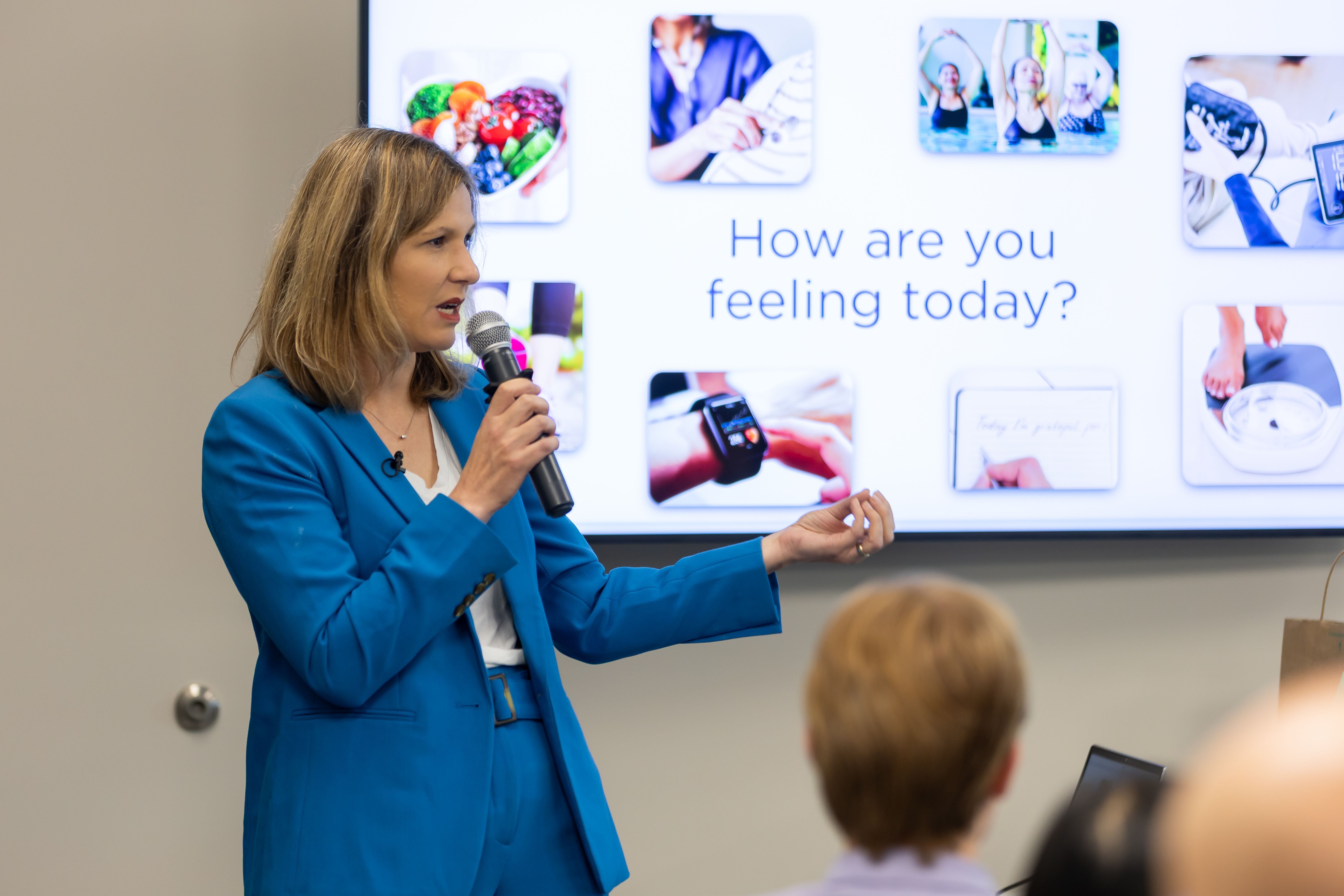
Pictured: Kate Bolz speaking at the Place Matters 6.0 launch on August 29 at CenterPoint Outpatient Services. Photo credit: Rebecca Marie Photography
Ultimately, Tessa says, the goal is simple: "We don't want anybody to have to walk through this journey of life alone."
This year, CHE is celebrating 10 years of Place Matters and a decade of using data to build a healthier Lincoln. We invite you to explore the maps and stories that are shaping our community’s future.

